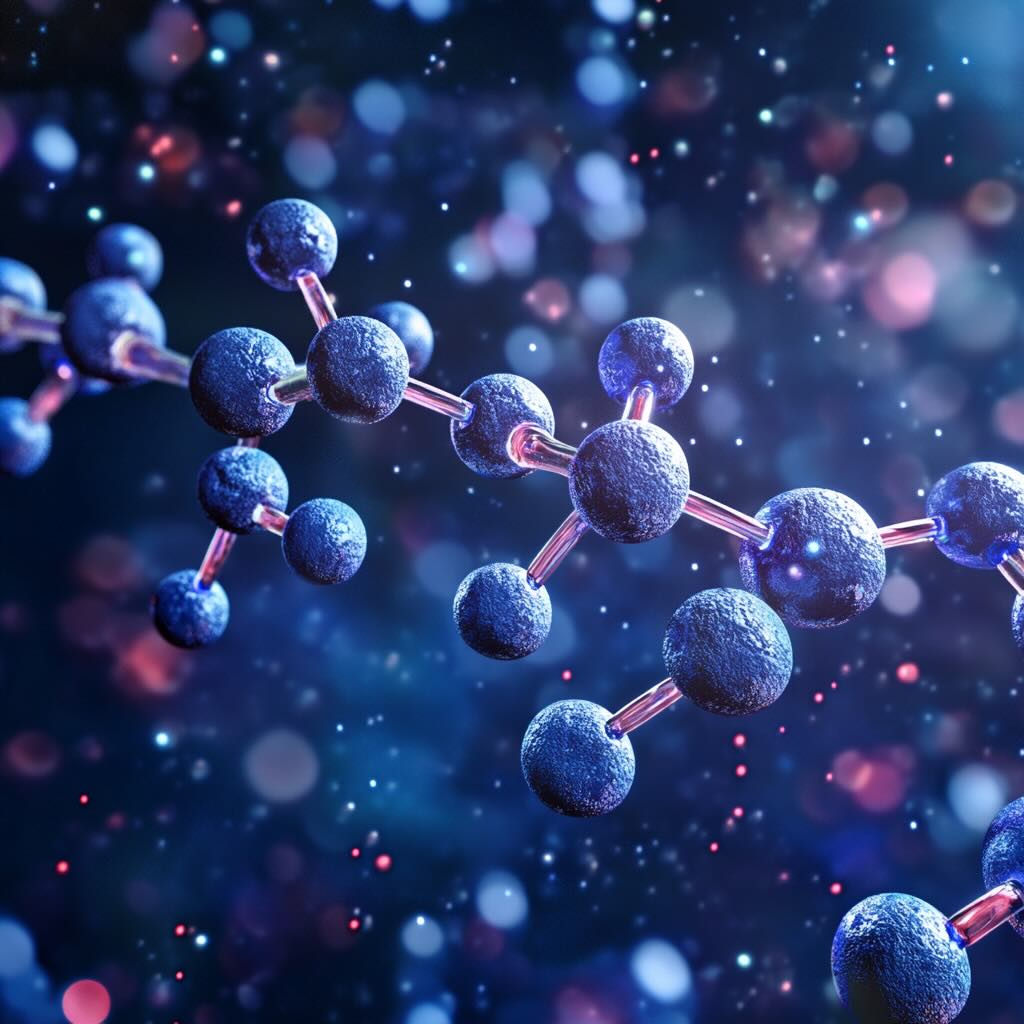What Are Peptide Bioregulators? A Comprehensive Guide

Peptide bioregulators have emerged as a groundbreaking advancement in health and longevity science. More and more research (over 50 years worth) is showing the ability to restore protein synthesis in the body, which decreases with age. These short chains of amino acids play a crucial role in regulating biological processes at the cellular level.
They have showed promise in increasing life span.
Continued interest in longevity, biohacking, and regenerative medicine has made these bioregulators popular. This article delves deep into peptide bioregulators, their mechanisms of action, benefits, research, and their roll in restorative health.

What Are Peptide Bioregulators?
Peptides are the elemental building blocks of the human body. Peptide bioregulators are short chains of amino acids that aide in cellular regeneration and optimal functioning of the body. Peptide bioregulators communicate with cells to initiate protein synthesis. They have shown the ability to influence various physiological processes.
These small proteins are present in the human body, but they decrease as we age. The decrease in these proteins contribute to the loss of physiological functions. Low levels are also associated with various neurodegenerative diseases.
How Peptide Bioregulators Work
The human body has the ability to grow specific tissues in the body. Over time, the biological reserve decreases so the ability to regrow specific tissues decreases. So does gene activity. This is where these short peptides come in to help slow the aging process.
Peptide bioregulators interact with cells via receptor signaling, influencing DNA transcription and protein synthesis. Their mechanism of action primarily involves:
-
Regulating Gene Expression – Peptides interact with cell nuclei to modulate gene expression, enhancing protein synthesis required for tissue repair and function.
-
Stimulating Tissue-Specific Functions – Each peptide targets a specific organ or biological system, aiding in cellular communication and optimizing physiological processes.
-
Enhancing Protein Synthesis – They act as messengers that trigger the production of proteins essential for organ function and repair.
-
Balancing Homeostasis – Peptide bioregulators work in harmony with the body's biological rhythms.
Balancing homeostasis is important to avoid premature aging. The more researchers understand how the organs and tissues regrow, the more people point to the power of peptide bioregulation.

History and Research
Peptide bioregulators were discovered over 50 years ago in the Cold War era. There have been hundreds of clinical studies conducted since they were discovered.
Much of the early research by Dr Vladimir Khavinson focused on understanding how peptides could regenerate tissue and restore organ's functions impaired by aging and and harsh conditions. The goal was to improve military troops health when they were on the battlefield for long periods.
The power of regulatory peptides to regenerate tissue was a huge breakthrough. They were later called peptide bioregulators. These short chain amino acids started being tested to improve specific physiological functions and to help unlock the bodies natural ability to regrow organs and tissues.
This brought Khavinson peptides into the growing anti aging market.

More Than Just Amino Acids For The Human Body
Peptide bioregulators interact with the DNA of the cell nucleus, leading to improved protein synthesis. This production of proteins has been show to help the body repair damaged tissues, enhance cellular function, and restore homeostasis.
The promise of peptide bioregulation is it enhances the body's ability to repair particular tissue WITHOUT needing to be taken daily for optimum performance. Most bioregulators are recommended to be taken 2 times a year for 10 to 30 days. This is distinctly different than the traditional approach:
Peptide Bioregulators vs. Traditional Approach To Health
|
Feature |
Peptide Bioregulators |
Traditional Approach |
|---|---|---|
|
Mode of Action |
Natural regulation & modulation |
Synthetic biochemical intervention |
|
Target Specificity |
Highly targeted (organ/tissue-specific), taken bi-yearly |
Systemic effects, often with side effects, taken daily |
|
Side Effects |
Minimal, due to natural regulatory mechanisms |
Higher risk of side effects & toxicity |
|
Application |
Regenerative medicine, longevity, immune support |
Disease management, symptom suppression |
Peptide Bioregulator Safety And Future Of Peptide Bioregulators

Over 15 million people have taken peptide bioregulators over the past 50 years. There has been no known long term side affects. Peptide bioregulators are having a resurgence as researchers understand more their affect on activating genes and anti aging properties.
Peptide bioregulators will continue to be in the news as we are seeing more and more research centered around regenerative medicine and longevity. The longevity market is currently 32 billion and expected to grow to 44 billion by 2030.
We are likely to see peptide therapy become a mainstream approach in personalized medicine in the future.
Learn more about specific peptide bioregulators.


